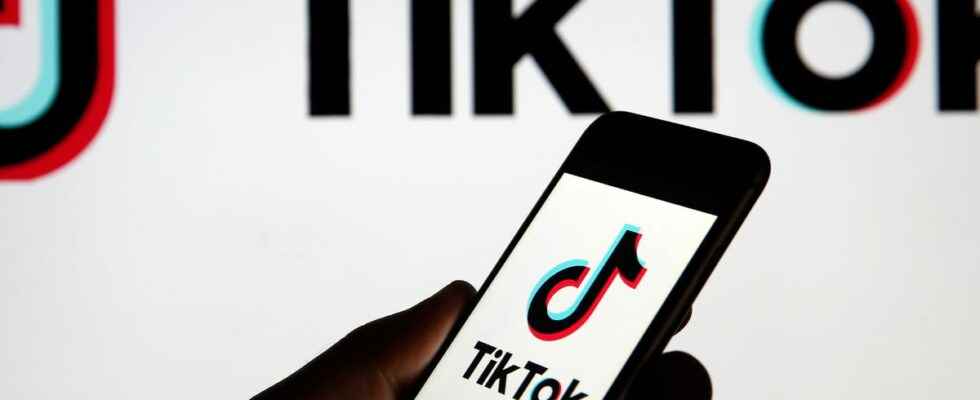TikTok dons its dunce cap when it comes to regulating misinformation. Since the law of December 22, 2018, digital platforms are obliged to protect themselves against the spread of false information and to fight against the manipulation of information. At the end of each year, these sites must share the means and measures they put in place with Arcom, which then draws up the results and makes them public in a report. And this year’s one is not kind to the Chinese social network.
“TikTok is a special case”
If the Arcom greets “improving the transparency of the majority of operators”the results are no less uneven with a “level of transparency [qui] remains very heterogeneous from one operator to another”. And among these operators not playing the game correctly is the Chinese social network, which very quickly became the most downloaded application in the world: “TikTok’s statement is particularly imprecise, with little information relating to the service in France and no tangible elements allowing an assessment of the means and measures put in place.”
But for Benoît Loutrel, member of Arcom, Tiktok is “a special case”. Indeed, this is the first year that the platform has been submitted “on this diet”. However, the social network has “took up amazing space at lightning speed”which, for Benoît Loutrel, explains what “very clear shift” between the hearing and the statement “particularly imprecise” handed over to Arcom. Especially since the video network finds in Yahoo a company in its bad student status since “Yahoo stands out again this year with an incomplete declaration, both in terms of the form and the substance of the elements declared”. Google, LinkedIn and Pinterest also stand out for the lack of responses to Arcom’s queries.
A slap on the wrist before real sanctions
But if the organization comes to call the different platforms to order, its authority stops at the scathing words of its annual report. Indeed, in spite of its annual balance sheets and its intransigent policing, the authority is not authorized to sanction the last of the class. However, the implementation of the European law on digital services, called DSA (Digital Service Act), which will have to be applied around the summer of 2023 should change the situation. According to Arcom, “with its ‘hard’ obligations and their corollary, a power of sanction, this ambitious and innovative text is intended to respond even better to the risks raised by online platforms”.
The European Union will then have the possibility of imposing sanctions on companies that do not meet the requirements requested by a fine of up to 6% of their worldwide turnover. This may even go as far as a ban on operating in the EU in the event of multiple serious infringements. This is not the first time that TikTok has stood out for the misinformation that weighs around it since researchers have determined that 20% of the content is intox.
